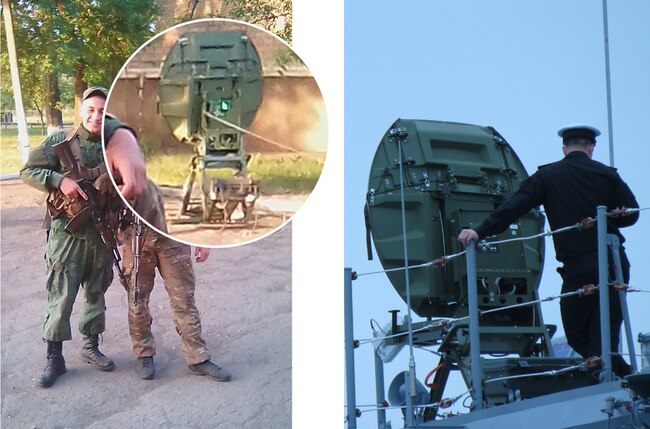Ukrainian agents on cyber-offensive against Russia
Russian military communications are being hacked and then broadcast online, as Ukrainian agents strike a blow for their invaded homeland.

The Security Service of Ukraine, more widely known as the SBU, has become the country’s primary weapon in its information war with Russia.
As well as feeding intelligence to military units to guide their battlefield operations, the shadowy organisation also has been disseminating vast amounts of propaganda, neutralising enemy “bot farms” and arresting internet users who support Russia.
While much counterintelligence work is done behind closed doors, its agents are engaged in a new type of electronic warfare: intercepting and publishing Russian military communications online.
The reliance of invading Russian soldiers on insecure mobile phones and high-frequency radios has made many of their conversations vulnerable to eavesdropping.
Defence experts say that early Russian attacks on Ukrainian 3G and 4G telephone masts unwittingly knocked out their own ability to use a secure, government-built communication system called Era that had been planned for widespread use.
The blunder, coupled with the fact that only elite units are given access to expensive satellite phones, means that Ukrainian intelligence officers and amateur radio operators have managed to listen in on sensitive Russian conversations.
The most important transmissions recorded by SBU agents are likely to have been privately disseminated only to authorised Ukrainian personnel, but scores of conversations, particularly those highlighting the chaos and criminality of the Russian campaign, have been routinely broadcast across a number of public networks.
Viral audio clips posted online have revealed soldiers crying, begging for more supplies, eating dogs, complaining about friendly fire and boasting about looting goods from Ukrainian homes.
While most involve infantry soldiers using insecure lines to talk to their comrades or loved ones, even chatter from Federal Security Service agents and information about troop movements has been picked up in recent weeks.
The conversations have been shared hundreds of thousands of times since the start of the war as the SBU promotes them across Facebook, Twitter and Telegram.
While clearly part of a propaganda strategy to destroy Russian morale, Western analysts say that the Kremlin’s communication problems are also noticeable on the battlefield.
Russia has been deploying hardware solutions in response, with evidence of soldiers using portable military-standard satellite dishes in Ukraine. Once example is the Auriga satellite dish, a mobile communication system that enables secure transmissions across thousands of kilometres between Russian headquarters and units on the front lines.
Mark Galeotti, an honorary professor at the University College London School of Slavonic and Eastern European Studies, cautioned that the Ukrainian broadcasts shouldn’t be taken at face value, but said that secure Russian communication systems were in disarray in parts of Ukraine.
“A serious vulnerability of the Russians is being exploited,” he said.
“Russians are no longer able to trust or use their secure communications systems, so we’re seeing them rely on civilian cellphones. They’re having to scout out and steal Ukrainian SIM cards as, obviously, their Russian SIM cards don’t work. That makes them fair game. It’s highly insecure.”
Professor Galeotti added that the Russian FSB “doesn’t seem to have a comparable system – civilians and agents listening in to lots of calls – to the SBU”, which he described as being “at the very heart of this information war”.
Ukrainian civilians also have become an indispensable cog in the information machine after the SBU set up an official, publicly accessible “chatbot” the public can use to transmit data on the movement of enemy tanks and units.
Informants include civilians using open source technology to listen to radio transmissions from their laptops, as well as amateur drone pilots using commercial quadcopters to monitor Russian convoys from the sky.
The use of mobile phones on the battlefield can be a highly dangerous activity for Ukrainian and Russian soldiers, as sending messages emits signals to radio towers that betray their approximate positions.
When they’re not intercepting calls, SBU squads have been engaged in cyberwarfare, shutting down Russian “bot farms” – often-automated social media programs that generate clicks and traffic for pro-Kremlin material online.
The SBU also has been arresting internet bloggers accused of “supporting Russia’s aggression”. The intelligence body revealed this week that since the beginning of the war it had “eliminated a large network of hostile internet agents”. In total, special services officers have detained 20 people in different regions of Ukraine over the past five weeks, after monitoring their online activity.
The Times





To join the conversation, please log in. Don't have an account? Register
Join the conversation, you are commenting as Logout